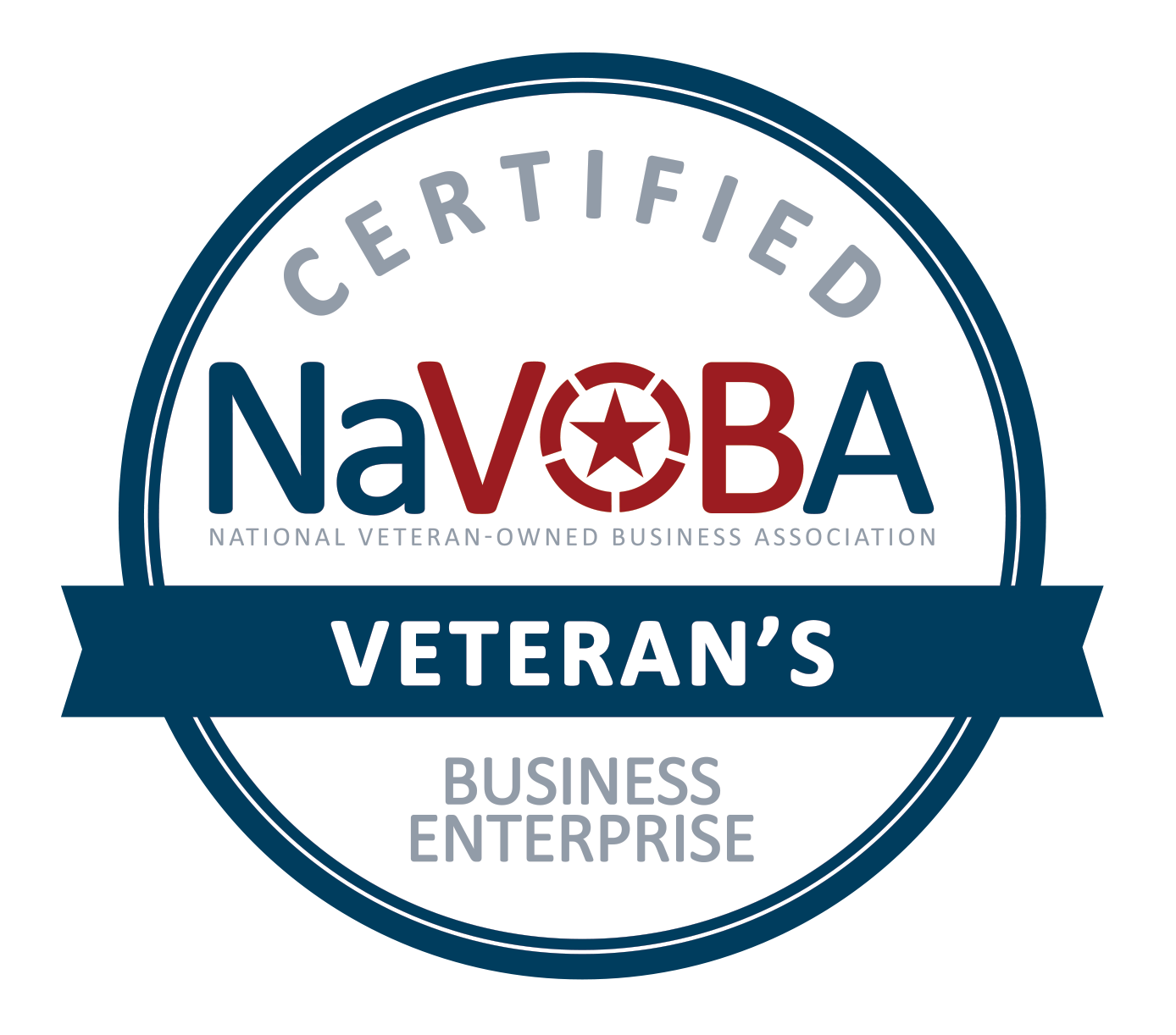Why Texas Property Managers Rely on Security Guards for 24/7 Protection
For Texas property managers, ensuring the safety and security of their buildings, tenants, and assets has become a top priority in today’s world. With cities like Austin, Dallas, and Houston experiencing rapid growth, urban spaces are denser and busier than ever, which brings both opportunities and security challenges. Property managers face a complex set of responsibilities, from deterring theft and vandalism to managing access control and addressing emergencies. In response to these growing demands, many property managers in Texas are turning to full-time security guard services to provide round-the-clock protection.
Hiring 24/7 security guards offers a proactive solution that protects both physical assets and the peace of mind of tenants and visitors. Below, we explore the main reasons why property managers in Texas increasingly rely on security guards to tackle their most pressing challenges.
Key Challenge 1: Preventing Theft and Vandalism
Theft and vandalism are common threats for property managers, especially in high-density areas where there’s frequent traffic from both residents and the public. Parking lots, building exteriors, and shared spaces often fall victim to graffiti, trespassing, or petty theft. Security guards act as a powerful deterrent to these types of criminal activities simply by being visibly present. The sight of a uniformed guard can dissuade potential criminals from targeting a property, as they know there’s a higher likelihood of getting caught.
Security guards are trained to patrol key areas of the property and monitor for suspicious behavior. They are proactive, often identifying and addressing security risks before they escalate. This is particularly beneficial in large residential complexes or commercial buildings where an active presence can make a significant difference. Texas property managers appreciate that a well-trained security guard team can help to maintain a safe, orderly environment, ultimately reducing incidents of theft and vandalism and preserving the property’s value.
Key Challenge 2: Managing Access Control and Entry Points
One of the most critical aspects of property management is controlling access to ensure that only authorized individuals can enter secure areas. In residential complexes, this may involve verifying tenant identities and preventing unauthorized visitors from accessing private areas. For commercial buildings, access control often extends to employees, contractors, and other service providers. Managing entry points is essential for both security and tenant safety, especially in properties with multiple entryways, underground parking garages, or high-rise lobbies.
Security guards are well-equipped to handle access control, as they are trained to monitor and verify the identities of people entering and leaving the premises. Guards stationed at entry points can keep unauthorized individuals out, reducing the risk of theft or other incidents inside the building. They may also assist in logging visitors, issuing temporary access badges, or implementing other security measures that ensure only permitted individuals can access restricted areas. By providing real-time access control, security guards enhance both the physical security and the sense of safety for tenants, visitors, and employees alike.
Key Challenge 3: Protecting Tenants and Visitors in Shared Spaces
Shared spaces like lobbies, elevators, stairwells, and parking lots are common in multi-unit residential complexes and commercial properties. These areas are often high-traffic zones where tenants and visitors frequently interact, making them more vulnerable to incidents like harassment, theft, or other disturbances. Security guards play a crucial role in maintaining order in these areas, ensuring they remain safe and accessible for everyone.
In parking lots, for instance, security guards can help deter vehicle break-ins, a common issue in urban areas. Guards patrolling these shared spaces create a secure environment where tenants and visitors can feel confident about their safety. Their presence also reassures tenants who may feel vulnerable in enclosed spaces like stairwells or elevators, particularly during off-hours. By actively monitoring and securing these shared areas, security guards provide property managers with an invaluable resource for protecting tenants and enhancing the overall quality of life within the property.
Key Challenge 4: Handling Disturbances and Emergencies
Emergencies and disturbances are unpredictable events that require immediate, trained response to prevent escalation and minimize harm. Security guards are trained to handle a wide range of potential scenarios, from de-escalating confrontations to managing medical emergencies. For property managers, having trained professionals on-site who know how to respond to emergencies is a valuable asset that can make all the difference when seconds count.
In cases of conflict between tenants, for example, security guards can step in to defuse the situation before it escalates. Guards are often trained in de-escalation techniques, allowing them to address issues calmly and prevent potentially dangerous confrontations. Additionally, security guards are typically trained in first aid and emergency response procedures, enabling them to provide immediate assistance during medical or fire-related emergencies until professional responders arrive.
Texas property managers understand that the safety of their tenants is paramount. By having security guards on-site who are equipped to manage emergencies, property managers can rest assured that they’re providing an environment where tenants feel protected and supported, even during unexpected incidents.
Key Challenge 5: Surveillance and Reporting for Liability and Safety
In addition to their physical presence, security guards contribute to property safety by monitoring surveillance systems and keeping detailed reports on daily activities, incidents, and unusual behavior. This monitoring is essential for early identification of risks and for maintaining records that may be useful if an incident leads to liability claims or law enforcement involvement.
Security guards are trained to notice unusual behavior and monitor for patterns that might indicate a security threat. By reporting incidents accurately and thoroughly, guards help property managers understand potential vulnerabilities on the property and develop strategies to mitigate them. This information is also crucial in the event of a liability claim, as detailed records provide evidence that the property management team has taken steps to maintain a safe environment.
Moreover, surveillance and reporting practices help law enforcement in investigations by providing documented timelines and witness accounts, should an incident require police intervention. For property managers in Texas, investing in security guards who are skilled in surveillance and reporting is a proactive way to minimize liability risks and promote a culture of safety across the property.
Conclusion
For Texas property managers facing the demands of a growing population, evolving security challenges, and the need to protect valuable assets, investing in 24/7 security guards is a wise and forward-thinking decision. Security guards serve as a powerful deterrent against theft and vandalism, manage access to keep unauthorized individuals out, and ensure tenant safety in high-traffic areas. They are trained to respond to emergencies swiftly and accurately, providing a level of protection that property managers and tenants alike can rely on.
Beyond physical protection, security guards contribute to a culture of safety through surveillance, reporting, and diligent record-keeping that can prevent future incidents. For property managers, the value of this continuous security presence goes far beyond the financial investment; it creates an environment of trust, safety, and professionalism.
As Texas cities continue to grow, the need for 24/7 security in residential and commercial properties will only become more pronounced. By choosing to invest in full-time security, property managers are not only protecting their assets but also building a reputation for safety and reliability. For any property manager considering security solutions, partnering with a trusted security guard provider is a step toward safeguarding both the property and the people who call it home or work.




